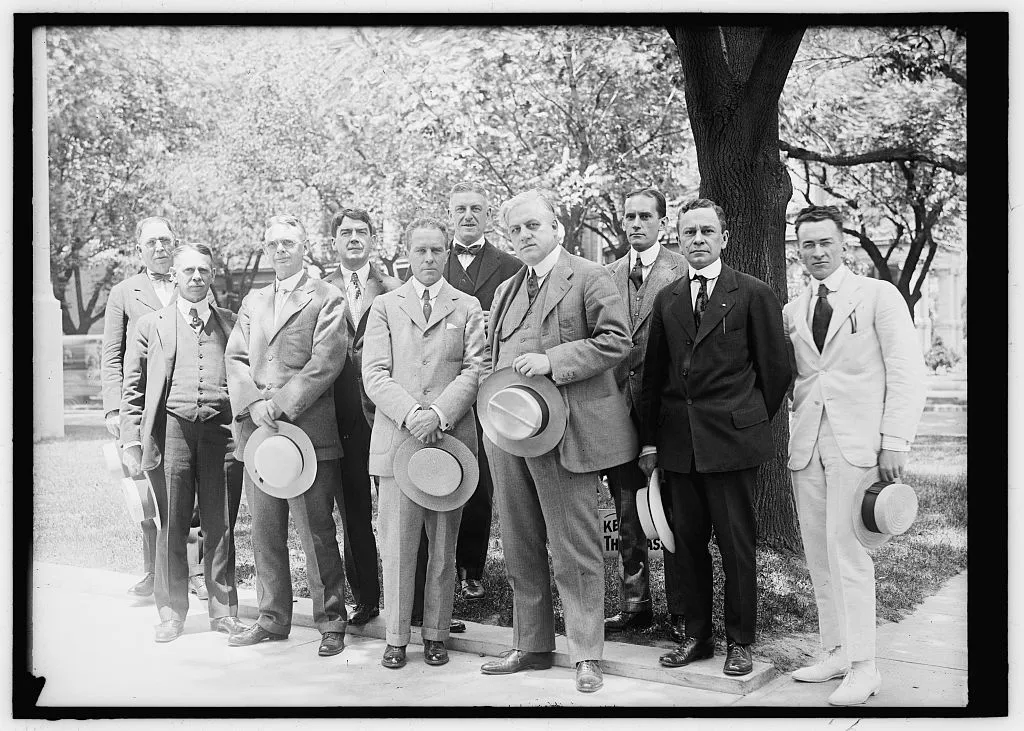In retrospect, American internment policies are troubling, but they're dwarfed by a quieter and more sweeping practice of property seizure. Under the Trading with the Enemy Act, President Wilson appointed an “Alien Property Custodian” named A. Mitchel Palmer to take control of property that might hinder the war effort. Among other things, this meant all property belonging to interned immigrants, regardless of the charges (or lack thereof). “All aliens interned by the government are regarded as enemies,” wrote Palmer, “and their property is treated accordingly.”

The basic argument was that property seizure prevented immigrants from financially or materially supporting enemies of America. Under Palmer's direction, the Office of the Alien Property Custodian grew to employ hundreds of officials and used several high-profile cases of espionage and industrial sabotage to defend its work. German chemical companies in the United States were particularly vulnerable to seizure: not only did dye and pharmaceutical companies divert raw materials from the war effort, they could also in theory produce explosives.
The agency's powers were remarkably broad, however. In Munsey's Magazine, Palmer described the Alien Property Custodian as “the biggest general store in the country,” noting that some of the companies seized were involved in “pencil-making in New Jersey, chocolate manufacture in Connecticut, [and] beer-brewing in Chicago.” There were small holdings seized from individuals, too. “Among them,” he continued with an odd hint of pride, “are some rugs in New York; three horses near Joplin, Mississippi; [and] a carload of cedar logs in the South.” (Historians will probably never figure out why Palmer wanted those rugs in New York.) The historian Adam Hodges found that even women who were American citizens, if married to German and Austro-Hungarian immigrants, were classified as enemy aliens—and they alone lost a combined $25 million in property to the government.
